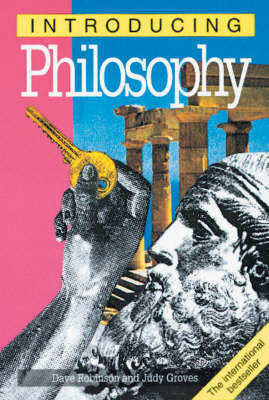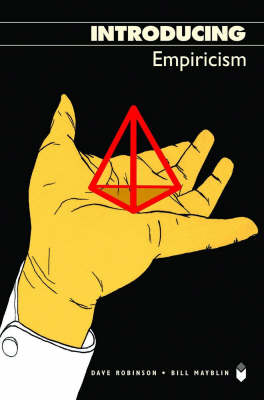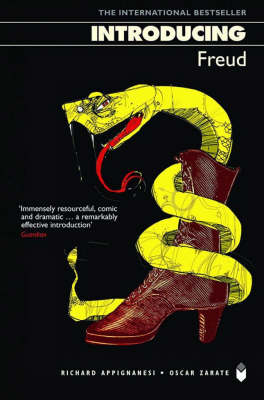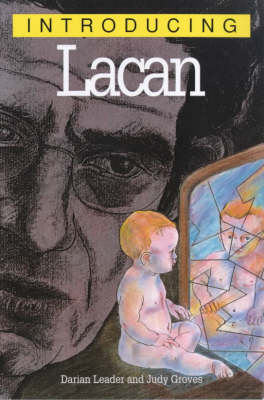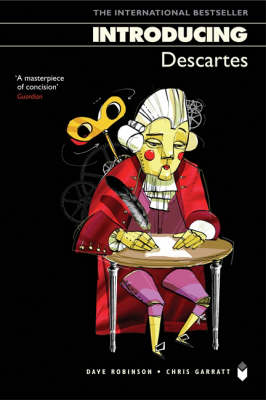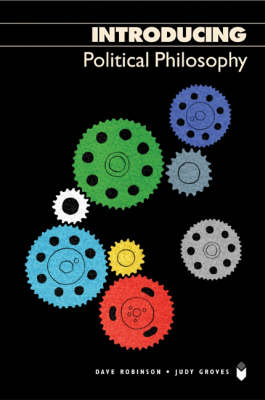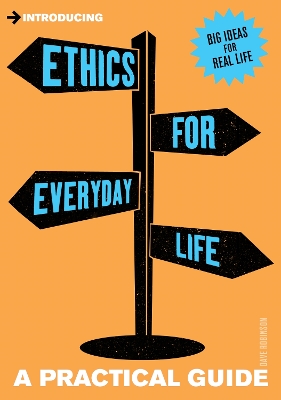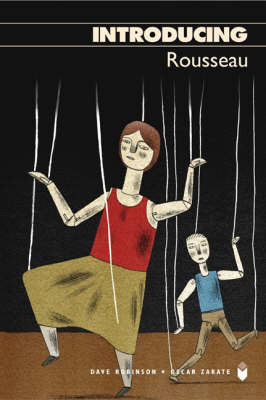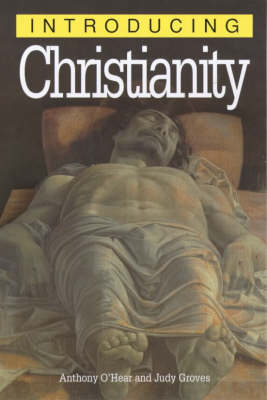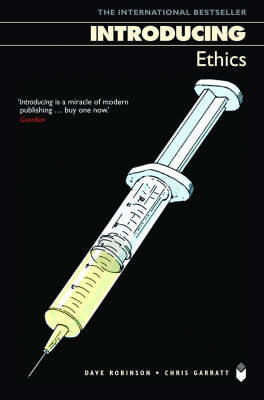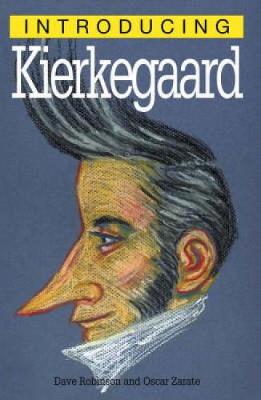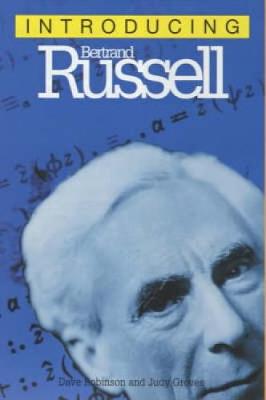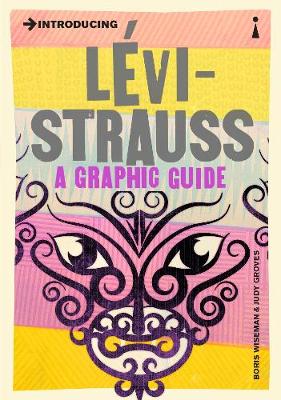Introducing...
17 total works
Most people also know that he said 'I think, therefore I am', even if they are not sure what he really...Read more
Most people also know that he said 'I think, therefore I am', even if they are not sure what he really meant by it.
Introducing Descartes is a clear and accessible guide to all the puzzling questions he asked about human beings and their place in the world.
Introducing Political Philosophy explains the central concepts of this intriguing branch of philosophy. It also describes and evaluates the key ideas of all the major political theorists,...Read more
Introducing Political Philosophy explains the central concepts of this intriguing branch of philosophy. It also describes and evaluates the key ideas of all the major political theorists, from Plato to Foucault, who have tried to think systematically about human beings, societies, and the purpose of governments.
Ethical philosophy has a long and distinguished history, but how can you apply it to your life?
This Practical Guide explores the alternative ethical philosophies and how we can all use these to aid us with everyday dilemmas. Introducing Ethics for Everyday Life provides advice on whether human beings really...
Ethical philosophy has a long and distinguished history, but how can you apply it to your life?
This Practical Guide explores the alternative ethical philosophies and how we can all use these to aid us with everyday dilemmas. Introducing Ethics for Everyday Life provides advice on whether human beings really are selfish and greedy, why you might want to be a good person, and how to pick an ethical philosophy that works for you.
Free of jargon but full of straightforward advice, case studies and step-by-step instructions, this is the perfect concise introduction to using ethics to help you make decisions.
Dave Robinson has taught philosophy for many years, and is the author of Introducing Ethics.
This brilliant Graphic Guide explores Existentialism in a unique comic book-style.
Introducing Lenin and the Russian Revolution
by Richard Appignanesi and Oscar Zarate
Bertrand Russell changed Western philosophy forever. He tackled many puzzles--how our minds work, how we experience the world, and what the true nature of meaning is. In "Introducing Bertrand Russell "we meet a passionate eccentric, active in world politics, who had outspoken views on sex, marriage, religion, and education.
Accessibly written by Boris Wiseman and beautifully illustrated by Judy Groves, Introducing Levi-Strauss also explores the major contribution that Levi-Strauss made to contemporary aesthetic history - his work on American-Indian mythology provides a key insight into the way in which art itself comes into being.
This is an essential introduction to a key thinker.

